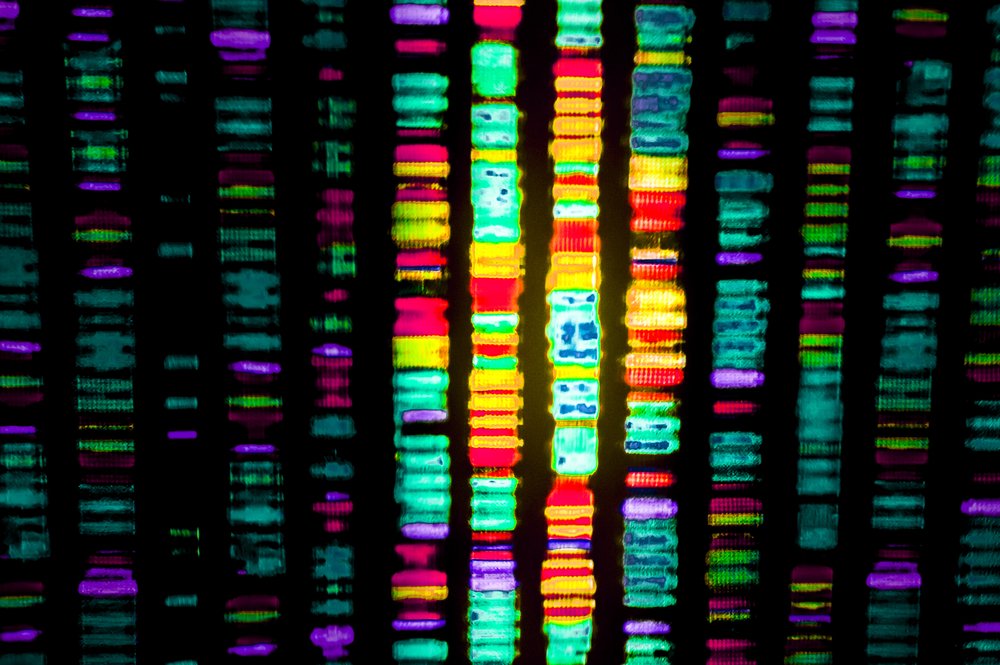
A new company launched by the market leader in DNA sequencing aims to bring genomics to the masses. Helix, kicked off by Illumina and corporate partners on August 18 with a capital injection of more than $100 million, appears to embrace a direct-to-consumer approach that hasn’t been seen since pioneer 23andMe introduced ready-to-mail spit kits. Given the FDA’s firm pushback against 23andMe, though, it’s fair to wonder whether Helix has a very bright future.
Many industry experts have been hoping to see an approach like this emerge for consumer genetics. Helix says it will encourage people to submit their DNA for sequencing and then make very specific results available through apps that participants can sign up for as they please. In this model, there’s no dramatic unveiling of all your genome data at once; instead, consumers get particular results for particular purposes, when they want them and as new apps are developed. As Helix puts it, ‘sequence once, query often.’ Developers, including initial partners LabCorp and the Mayo Clinic, will contribute apps to the ecosystem that answer targeted questions. A customer might first check to see if she is susceptible to a major disease, later use an app to find out how her body might respond to a drug she’s been prescribed, and eventually check how likely she might be to pass on certain diseases when she is thinking about getting pregnant.
The low-price approach is key: Helix apparently plans to sell the initial service for less than current sequencing costs. The concept is to get people in the door and then make money by charging them for each new app used. That’s important because while consumers have signed up in droves for $99 genetic tests for everything from ancestry to evaluating potential athletic prowess, the much higher cost of sequencing every gene has kept demand low.
But will such cleverness be enough to keep Helix afloat? One obvious challenge to this ‘sequence once’ philosophy is that DNA sequencing technology keeps changing. The data isn’t as immutable as one might think. (Our best and first human genome sequence, the result of the Human Genome Project, still has a number of gaps and errors—and dedicated scientists have been polishing that sequence for the past 15 years.) My guess is that Helix will have to resequence its samples every few years or so to ensure the apps are querying accurate data. That could get pricey for a company that doesn’t charge a lot.
A related pitfall lies in providing results to consumers when our understanding of how DNA influences health is constantly changing. Will the app for drug metabolism get regularly updated? If so, how will it alert a consumer that her status may not be what it was when she first asked?
But the biggest hurdle for Helix is how regulators will respond. The FDA has been fairly lenient when it comes to health-related mobile apps, but far more strict about genomic data. Today it’s no small feat for consumers to get their genome sequenced without a prescription, and finding doctors willing to prescribe it is a task unto itself. If Helix really wants to entice consumers into the world of genomics, it has to find a way that doesn’t require a separate medical gatekeeper. But so far, direct-to-consumer approaches for medically relevant results have been a taboo for FDA. It’s tough to imagine a genomic app library being a success if many of the apps would require individual prescriptions.
Illumina, the company starting Helix, has gone through the FDA regulatory gauntlet in the past. I’m sure the founders have a game plan for handling potential regulatory issues. Helix could mean a lot to the fledgling consumer genomics industry. Consumers deserve more control over their health and a better understanding of themselves.
Can Hot Consumer Genomics Startup Helix Keep the FDA at Bay?
A new company launched by the market leader in DNA sequencing aims to bring genomics to the masses. Helix, kicked off on August 18 with a capital injection of more than $100 million, appears to embrace a direct-to-consumer approach that hasn’t been seen since pioneer 23andMe's ready-to-mail spit kits. Given the FDA’s firm pushback against 23andMe, though, does Helix has a bright future?
















